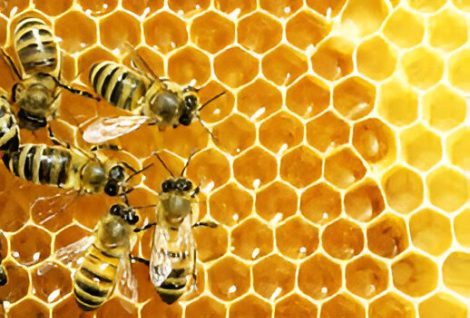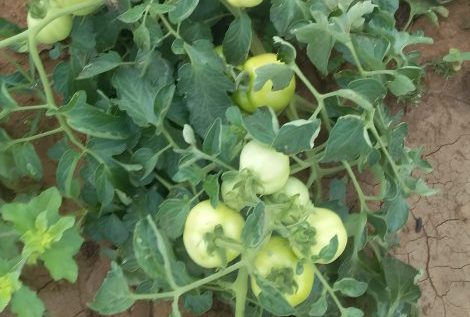In the intricate tapestry of our natural world, every strand plays a vital role. Two of these crucial strands are bees and trees. Bees, with their tireless pollination efforts, are essential for plant reproduction, including many of the crops that sustain us. Trees, on the other hand, provide habitat, oxygen, and a host of other benefits for both humans and wildlife. In this blog post, we’ll explore the fascinating interplay between beekeeping and reforestation and how initiatives like Skyvast International are nurturing this sustainable synergy in Kenya.
The Decline of Bees and Trees
Before delving into the synergy, let’s briefly consider why both bees and trees need our attention. Bees, especially honeybees, have been facing population declines worldwide due to habitat loss, pesticide use, and climate change. This decline poses a significant threat to agricultural productivity and biodiversity.
Similarly, trees have been vanishing at an alarming rate. Deforestation for agriculture, urbanization, and resource extraction has resulted in the loss of crucial ecosystems, affecting climate regulation and biodiversity.
The Pollination Connection
At the heart of the beekeeping and reforestation synergy lies the crucial role of bees as pollinators. Bees are responsible for pollinating numerous plant species, including many of our food crops. Without them, our food system would collapse. When bees visit flowers to collect nectar and pollen, they inadvertently transfer pollen between flowers, facilitating fertilization and fruit production.
How Beekeeping Supports Reforestation:
- Pollination of Trees: Bees are not only critical for crop pollination but also for trees. Many tree species depend on pollinators to reproduce. By supporting bee populations, we indirectly support the regeneration of forests.
- Bee-Friendly Reforestation: Initiatives like Skyvast International actively engage in reforestation efforts by planting trees in bee-friendly ecosystems. These areas attract pollinators and contribute to the establishment of healthy forests.
- Economic Incentive: Beekeeping provides a sustainable source of income for communities. This economic incentive encourages the protection and planting of bee-friendly trees and plants, further supporting reforestation.
Environmental and Economic Benefits
The synergy between beekeeping and reforestation results in a range of benefits:
- Biodiversity Conservation: Healthy forests support diverse plant and animal species, promoting biodiversity.
- Carbon Sequestration: Trees absorb carbon dioxide, mitigating the effects of climate change.
- Honey and Hive Products: Beekeeping generates income from honey, beeswax, propolis, and royal jelly, supporting livelihoods.
- Sustainable Agriculture: Increased pollination leads to higher crop yields, benefiting both agriculture and food security.
Skyvast International’s Impact
Skyvast International has recognized the power of this synergy and actively supports both beekeeping and reforestation efforts in Kenya. Through the provision of water pans and sustainable practices, we create environments conducive to bees and trees.
Beekeeping and reforestation are not isolated efforts but integral components of a sustainable ecosystem. The intricate connection between bees and trees highlights the importance of holistic environmental initiatives. By supporting both, we can ensure the survival of vital ecosystems, enhance food security, and empower communities with economic opportunities. As we navigate the challenges of a changing world, this sustainable synergy serves as a beacon of hope—a reminder of our ability to nurture and protect the strands that weave the fabric of our natural world.Join us in this journey towards a greener, more sustainable future, where bees and trees flourish together, and humans thrive alongside them.




